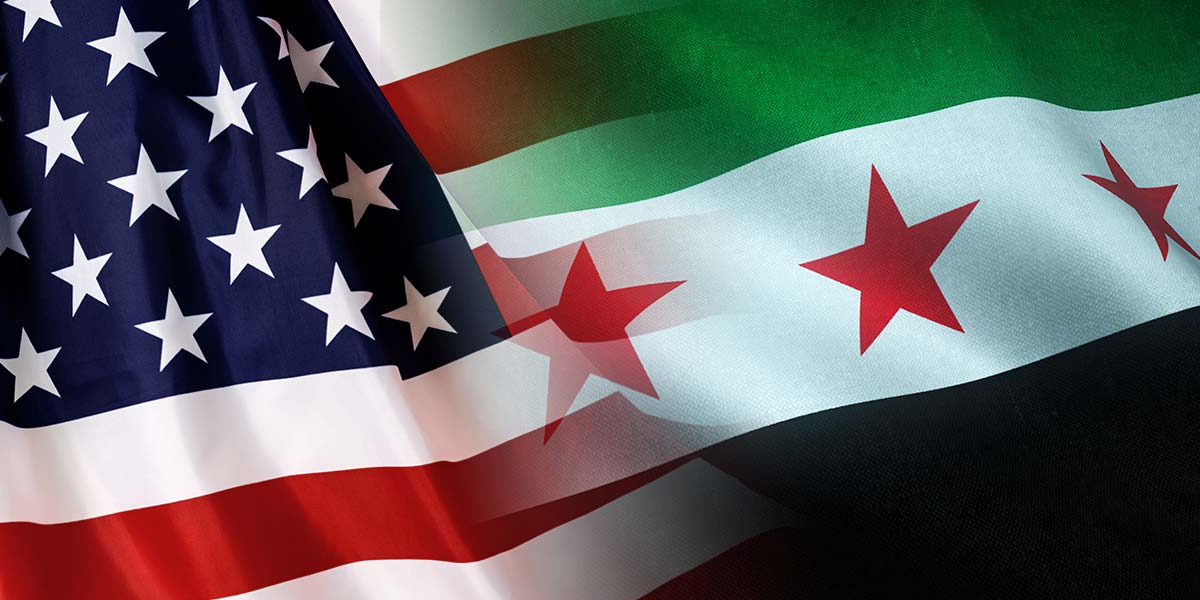In a surprising diplomatic move, U.S. President Donald Trump has announced the removal of all sanctions against Syria, taking a major step toward exploring normalized relations with Damascus.
This announcement was made during a significant summit in Saudi Arabia, where Trump engaged with Gulf Arab leaders and held a direct meeting with Syrian President Ahmed al-Sharaa.
In an unexpected gesture, Trump urged Sharaa to develop diplomatic relations with Israel, a move that received mixed reactions given the historical ties between Sharaa and Al Qaeda.
Nevertheless, the U.S. President emphasized the strategic importance of this shift during a speech in Riyadh, marking a substantial change in U.S. policy toward Syria.
The summit also included Saudi Crown Prince Mohammed bin Salman (MbS) and Turkish President Tayyip Erdogan, who joined virtually. Saudi Arabia lauded Trump’s decision, reflecting the kingdom’s support for easing tensions with Syria.
Despite this, Israeli authorities remained skeptical of Sharaa’s intentions, given his erstwhile connections with jihadist groups. Israel has not yet issued an official response to the policy change.
This development comes against a backdrop of Syria’s internal struggle to stabilize the government under Sharaa’s leadership, following the ouster of former President Bashar al-Assad. The transition has seen challenges, such as recent violent clashes involving Assad loyalists and Islamist militants.
Trump’s visit to the Gulf region was marked by grandiose engagements, including securing a $600 billion Saudi investment in the United States and a massive $142 billion arms deal with the kingdom.
As Trump continues his Gulf tour, he is set to visit Qatar, where discussions with Emir Sheikh Tamim bin Hamad al-Thani are expected to lead to further substantial U.S. investments by the Qatari government.
Despite Israel’s objections to the relief of sanctions on Syria, Trump indicated that encouragement from Saudi and Turkish leaders influenced his decision.





